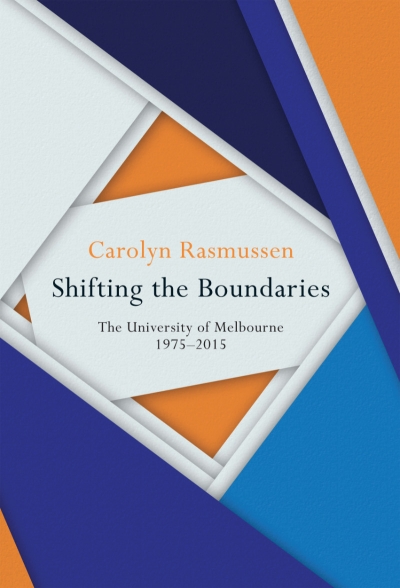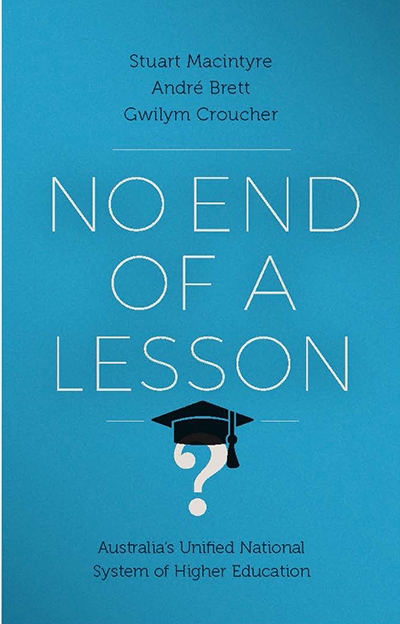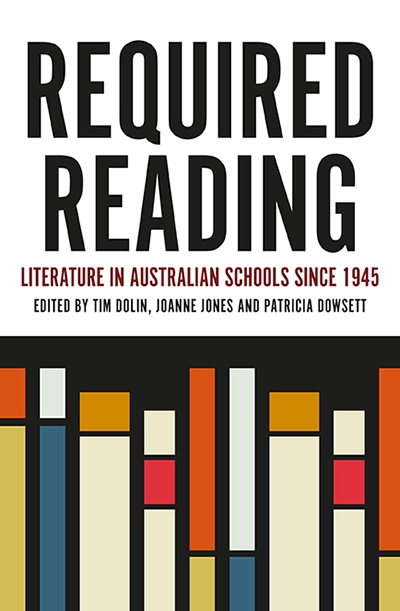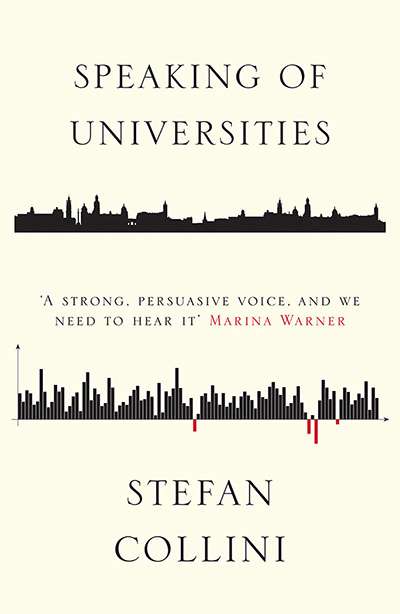Education
Film | Theatre | Art | Opera | Music | Television | Festivals
Welcome to ABR Arts, home to some of Australia's best arts journalism. We review film, theatre, opera, music, television, art exhibitions – and more. To read ABR Arts articles in full, subscribe to ABR or take out an ABR Arts subscription. Both packages give full access to our arts reviews the moment they are published online and to our extensive arts archive.
Meanwhile, the ABR Arts e-newsletter, published every second Tuesday, will keep you up-to-date as to our recent arts reviews.
Recent reviews
Australian Universities: A history of common cause by Gwilym Croucher and James Waghorne
by Peter Tregear •
Shifting the Boundaries: The University of Melbourne 1975–2015 by Carolyn Rasmussen
by Kate Murphy •
How To Be An Academic: The thesis whisperer reveals all by Inger Mewburn
by Kirk Graham •
No End of a Lesson: Australia’s unified national system of higher education by Stuart Macintyre, André Brett, and Gwilym Croucher
by Paul Giles •
Required Reading: Literature in Australian schools since 1945 edited by Tim Dolin, Joanne Jones, and Patricia Dowsett
by Ilana Snyder •
A History of the Modern Australian University by Hannah Forsyth
by Colin Steele •
Queen's College the University of Melbourne: A pictorial history 1887–2012 edited by Jennifer Bars, Sophia T. Pavlovski-Ross, and David T. Runia
by Wilfrid Prest •
English as a Vocation: The Scrutiny movement by Christopher Hilliard
by Alexander Howard •










